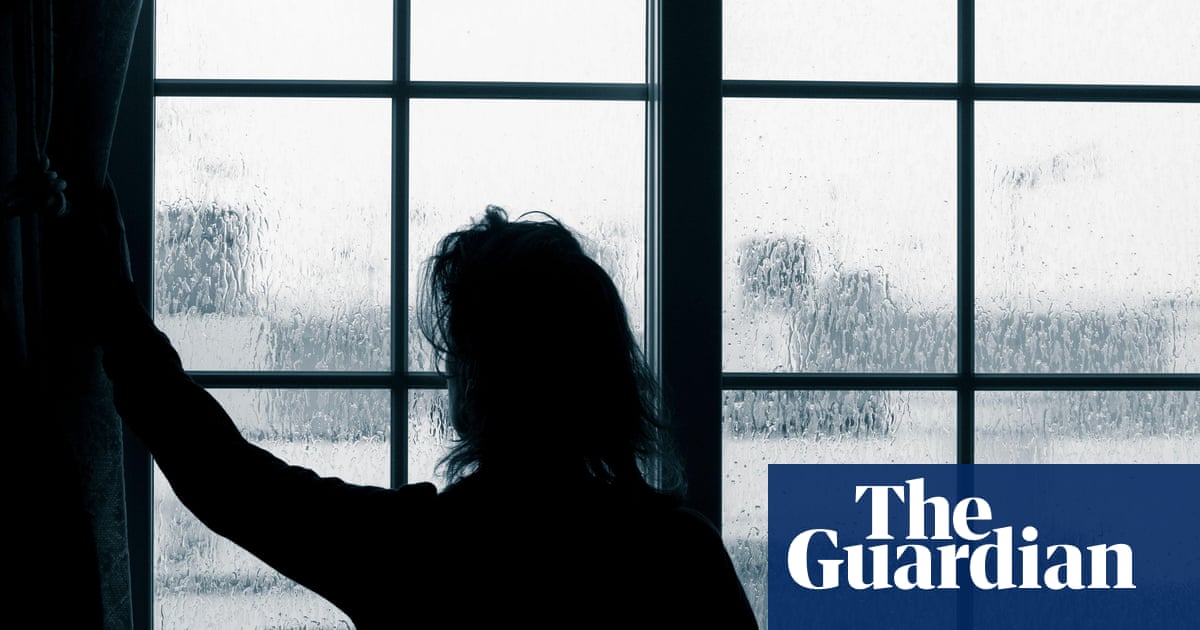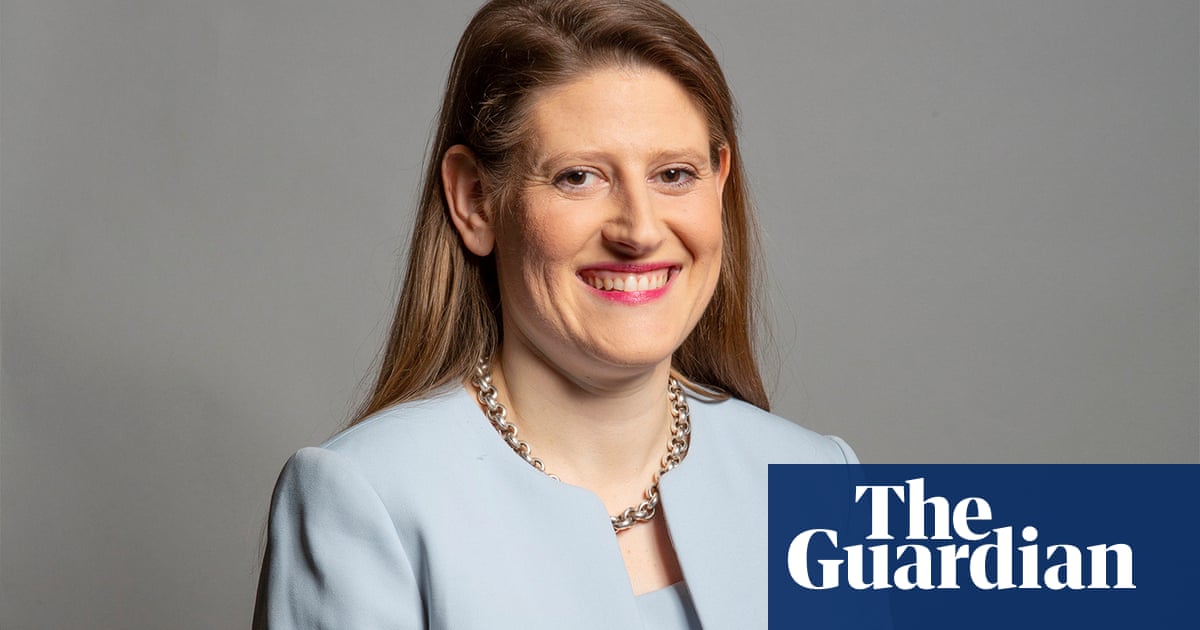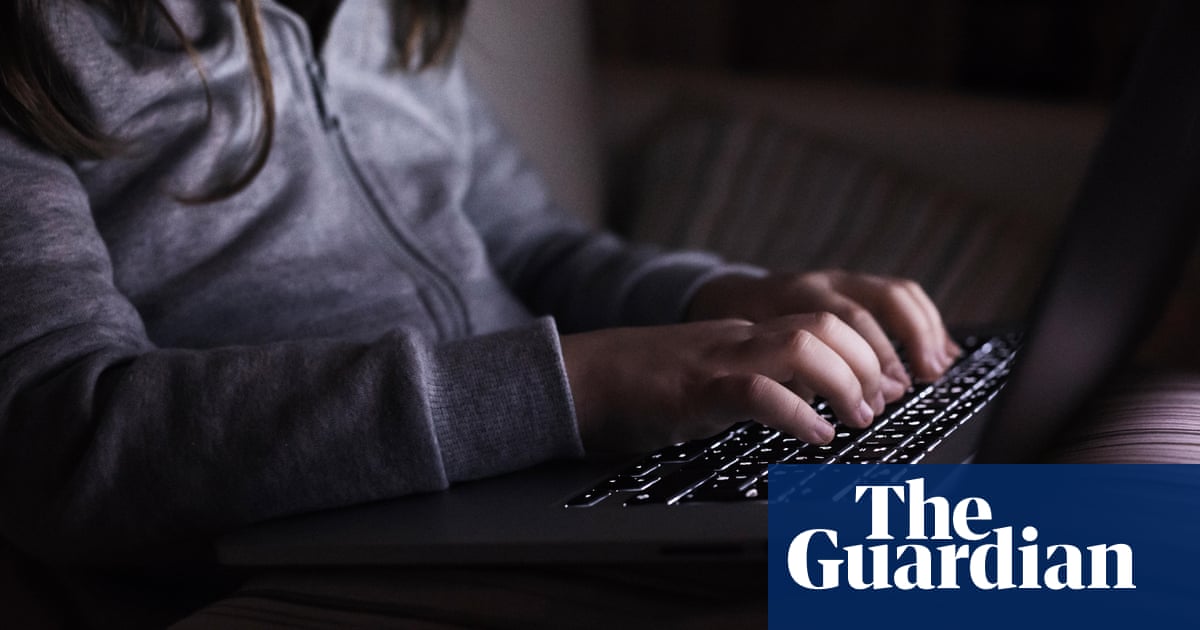
A review into abuse in British gymnastics has received submissions from nearly 400 people, with 39 cases considered so serious they have been passed to local authorities because of child safeguarding reasons or concerns of ongoing criminal conduct.
An interim report by Anne Whyte QC, published on Tuesday, also revealed British Gymnastics received 300 complaints a year on average between 2015 and 2020. However, Whyte said British Gymnastics had managed to pass on details of about 1,000 complaints out of the 3,500 it had investigated and dealt with since 2008.
“Whilst many issues raised are at the elite level of the sport, this is not exclusively the case,” wrote Whyte, who said she had received information concerning more than 100 coaches and 90 clubs.
“Some of the reoccurring issues emerging from the information I have received are of bullying, belittling, extreme weight management, regular overstretching, use of excessive physical force, training on serious injuries, gaslighting, coercive control and a reluctance to raise complaints/lack of opportunity to do so.
“One of the common themes running through these disclosures was a sense that the governing body in the UK, British Gymnastics, had not only failed to prevent or limit such behaviours but had condoned them in the pursuit of national and international competitive success.”
The full review, which was set up by UK Sport and Sport England in July 2020 after allegations of abuse at all levels of the sport, is not expected to be completed until after the Tokyo Olympics.
Alastair Marks, who took up the role as interim chief executive of British Gymnastics in January, said he welcomed the report and was “fully committed to doing everything possible to help the review get the answers it needs to do what is right for the sport and gymnasts”.
Marks said: “I remain appalled by the claims I have heard and alarmed that some gymnasts do not feel they can have their voice heard and have a future within the sport. There is no place for abuse in our sport and we are determined and committed to change it for the better.”
Michelle North, the head of the NSPCC’s child protection in sport unit, said the scale of abuse hinted at was concerning. “Young people should be able to take part in the sports they love without the fear of harm but this interim report, which includes details of contacts to our joint helpline with the British Athletes Commission, paints a worrying picture,” she said.












